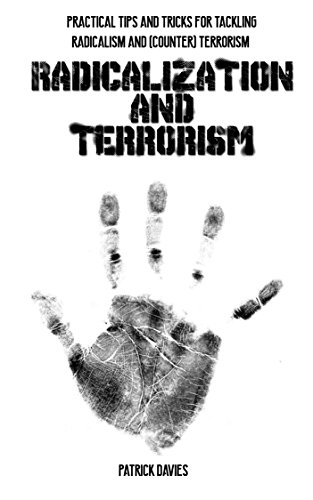
There is an arsenal of advanced technology in the fight against terrorism available. The downside, however, is that terror groups like IS ( ISIS) have those same resources. Because of their greater maneuverability and shorter command lines, the cards lie in their favour.
If we want to combat terrorism, it is important to define the definition of a terrorist. It is not a "normal" criminal. It is often not for financial gain. It is also not an "ordinary" idealist, who struggles passively against the established order. But what are the motives?
The solidarity around the world after the terrible attacks is beautiful and moving. On the other hand, we also hear stories of moderate Muslims who are now being scolded and there are tensions and fears. Indigenous people who feel unsafe move to politicians with black and white positions. People with multicultural backgrounds who feel unsafe isolate themselves within their own cultural group. In both situations, 'we' is placed in front of 'them', creating breeding grounds for radical ideas. Terrorist organizations are responding to this.
During the attack on Zaventem Airport and the metro station (March 2016) appeared more than one million (!) Dutch-language messages within 12 hours on social media and news media. There were observations, requests for help, expressions of sympathy and horror, statements from politicians, reports by news media, spontaneous civilian help, facts, mistakes and myths. Chicken or egg?
John Rozema, advisor at HowAboutYou, is engaged in connecting inhabitants and government: issue-analysis, environmental analysis in case of incidents and social media.
| Language | Status |
|---|---|
|
French
|
Already translated.
Translated by Sourou Abdel-Aziz Ali Orou
|
|
Spanish
|
Already translated.
Translated by Jorge Ledezma
|